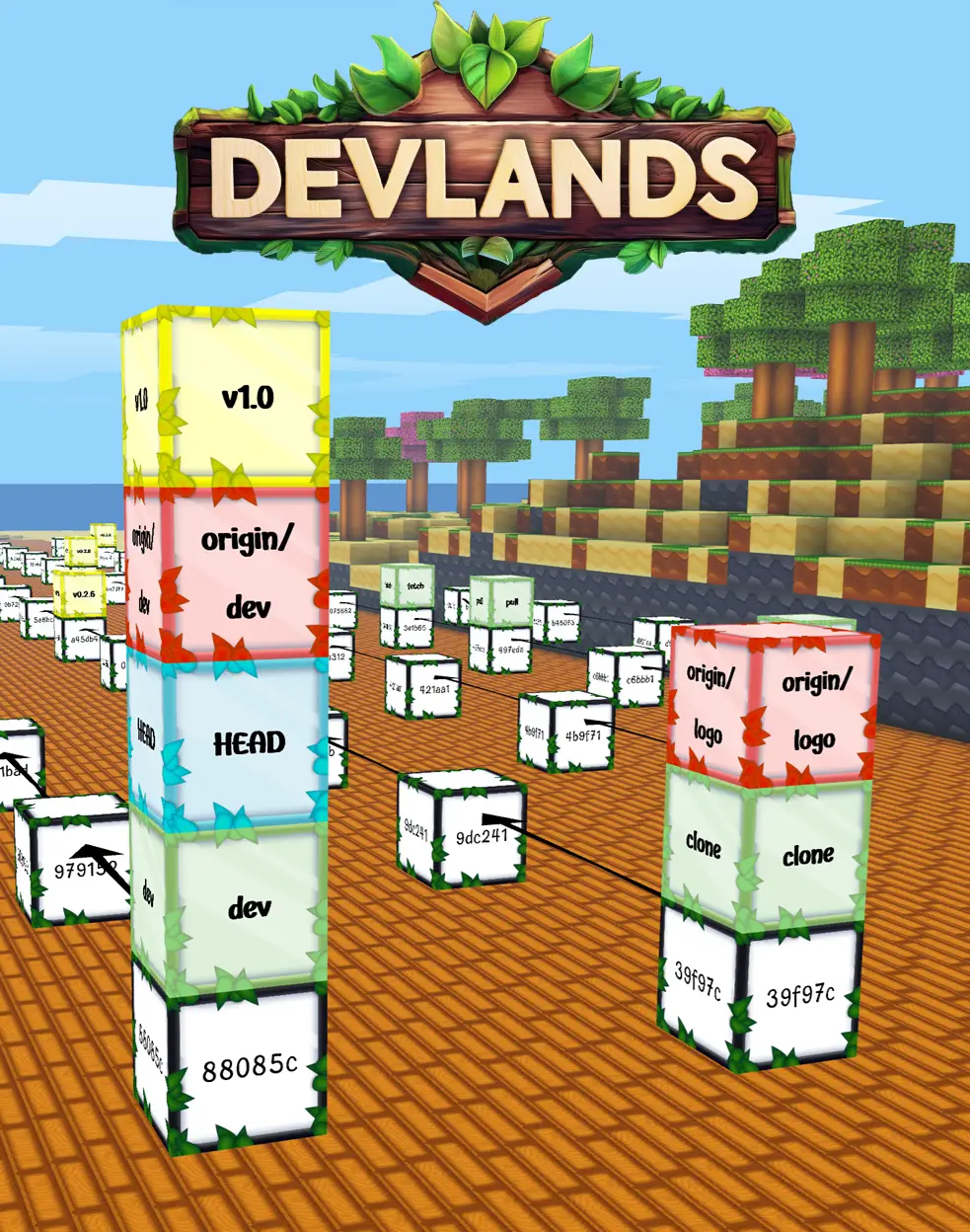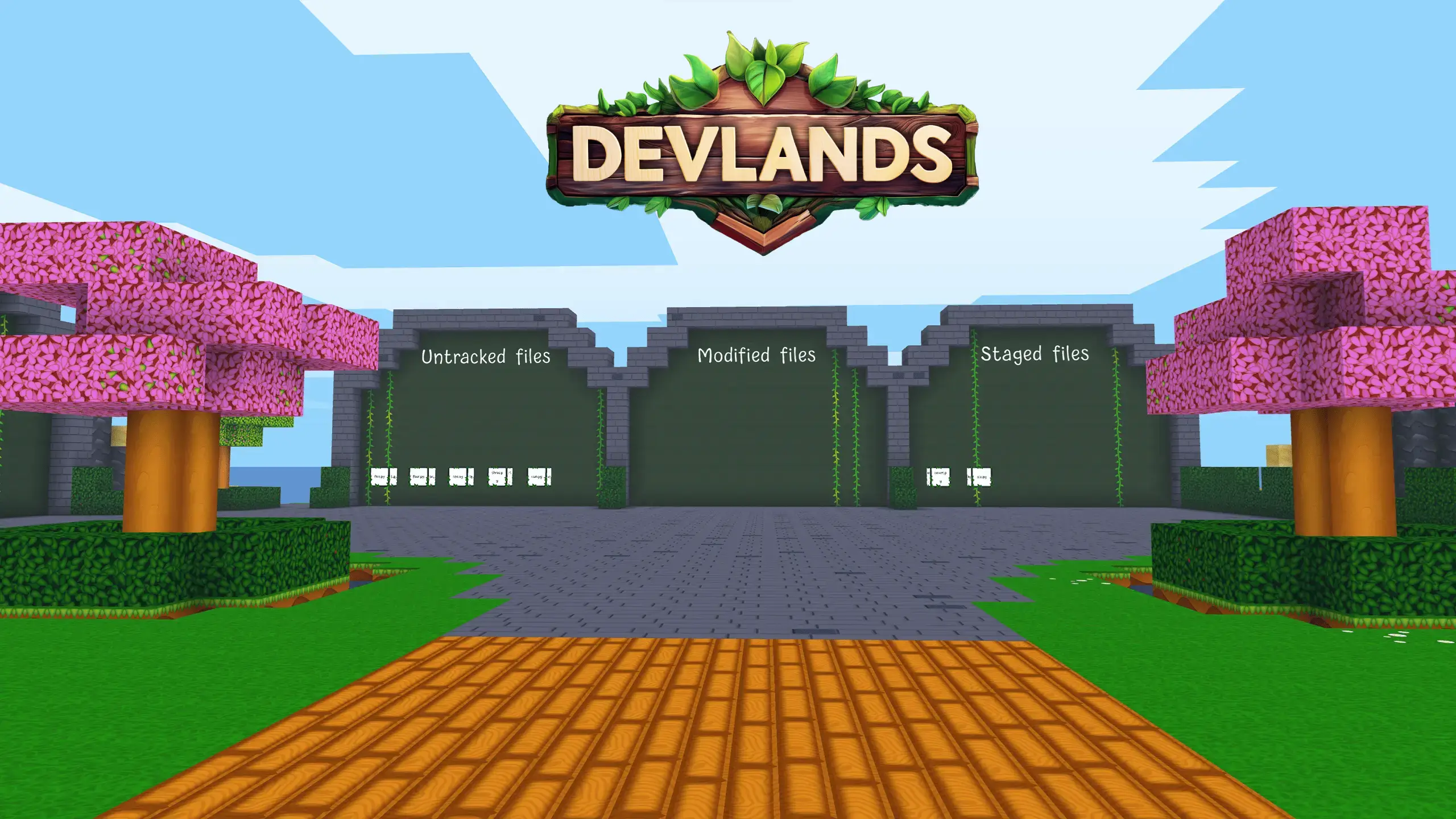Wordpress is the best side gig for developers

ADVERTISEMENT
Table of Contents
- Introduction
- Don’t wing it with Wordpress
- Plugins are awesome
- Google loves Wordpress
- Top brands use Wordpress
- Conclusion
Introduction
75 million websites on the internet today are powered by Wordpress. Yet, the very mention of the word strikes aversion into the hearts and minds of developers. Why is this? In many cases the cause of this snobbery is birthed by bad experiences and often spread through "chinese whispers".
While I was at university there was always scornful discussion about Wordpress, Wix and other drag and drop site building alternatives – the shared belief that an encroaching horde of easy to learn web solutions for the non-techie would one day lead to a dystopian future full of bloated sluggish websites and jobless developers left kicked to the curb.
I see developers everywhere with a diehard loyalty for certain technology stacks and an almost cult-like religious shunning of their alternatives. As much as it’s healthy to be passionate about your work - biased opinions will never lead to finding the best solutions and solving your client’s problems in the least amount of time. In my experience unjustified tech biases generally lead to less optimal solutions.
And sure, Wordpress is not the answer for every situation in fact it fits the best case for only a selection of simpler development specifications, but for those situations - it handles things very well. I’m not a brethren supporter of Wordpress, who has gone and drunk the cool aid. I’m new to discovering the benefits of a tool and its saved me a lot of time in development. I’ve found most of what I’d originally heard about it to be a gross misrepresentation of what is: a really a solid framework.
As programmers we are no strangers to complexity but there’s no use creating it where it needn’t exist especially when it comes down to meeting a client’s specifications - in the most efficient and maintainable way possible. Wordpress is flexible but like any out of the box solution it has limitations. While there is legitimate concerns to be had surrounding the tempting allure of easy rapid build and deploy solutions, especially those that require no coding experience; Almost all of the pitfalls and vulnerabilities of Wordpress can be treated with a dash of extra diligence and preparation.
Don’t wing it with Wordpress
One of the biggest put-offs I experienced in getting started with Wordpress is the lack of tutorial material for Wordpress newbies with a development background. For many tutorials you will find online regularly start with chapters - “so what is this internet thing?!”. Unfortunately the Wordpress codex is not exactly a beacon of hope either – it’s an incomplete and largely inconsistent source of documentation. My advice is to find a solid source of material or an experienced teacher with a set of tutorials that covers an in-depth explanation of the framework and the process of building an entirely custom theme from scratch – guess what? It won’t take as long as you think.
Yes, there is an open source community and there are thousands of free templates to get you started in Wordpress, most of them will be great, but beware! you should be careful before diving into using one when you’re getting started and here’s why...
Don’t go tailoring a one-size-fits-all solution. If you come from a traditional web background of straight forward HTML and CSS and you are new to the Wordpress framework and PHP – your first experience modifying the code of a pre built template is not going to be a fun one. The level of abstraction involved in separating the process of building a website with code by a user with no prior coding experience is pretty massive. Manual theme customization when you don’t understand how they work is as hopeless as being an epileptic in an egg and spoon race.
You might be giving away a key to the boogie man. Templates are spread across different files each theme contains an average of roughly 36,200 lines of code and sometimes that’s just for a single brand landing page website - Unless you are prepared to wade through line by line; the boogie monster has more than ample space to hide. You should be aware of the risks especially if you picked up a template through a 3rd party supplier outside of the Wordpress themes directory.
More often than not when we build something for web chances are it’s been done before and there’s no point reinventing the wheel. This premise is the entire foundation that Wordpress was built off – but it’s no excuse for using the wrong tool for the job.
Plugins are awesome
Wordpress plugins catch a bad reputation because people abuse them and end up in a state of high dependency. Plugins are extremely useful but you should always be wary of the magic one click solution to all your problems, dependency increases and maintenance becomes more laborious. Traipsing through 10s, if not 100s of bloated plugins hacked together into a Frankenstein ecommerce store is enough to cause post development traumatic stress disorder. I know developers who shudder at the mere mention of the words ‘woo-commerce’. To avoid these chasms keep your plugins to a minimum - but don’t go reinventing the wheel.
Google loves Wordpress
It rates text based sites with logical architecture and mobile-friendly responsive design and Wordpress meets a lot of the criteria straight out of the box. There’s a reason it dominates the web. If you’re like me and SEO is a foreign realm you haven’t touched less likely dived into optimizing you can also beef up your SEO with plugins that take care of everything for you, I’m not saying it’s the solution for everyone but it’s certainly easy.
Top brands use Wordpress
For all its supposedly bloated scoffery many of the world’s top brands today use Wordpress to power their sites including: Time Magazine, Google, Facebook, Sony, Disney, LinkedIn, The New York Times, CNN, eBay, and more. In my experience Wordpress sites if designed properly are easily within the acceptable realm for load times and responsiveness. If you are really concerned with the speed of Wordpress against the alternatives use a cache plugin and make sure your hosting provider can keep up. Cloudflare works wonders and it’s easy to set up.
Conclusion
As much as developers grit their teeth at the mention of the word – there’s no denying that Wordpress is a major player in the world of web development. It powers 29.3% of all websites on the internet according to latest w3techs surveys and is the largest open source framework in the world. It’s come a long way in the last 15 years and if you’re looking for a framework that supports easy content management, rapid development, and an all new rest API – it is worth looking behind the curtain and trying it out for yourself.
Final Notes
Recommended product: Coding Essentials Guidebook for Developers





